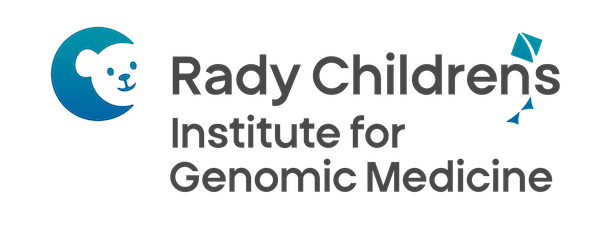The beginning of this year marks the 40th anniversary of the passing of the Orphan Drug Act. While the field of rare diseases has seen much progress both in diagnostics and the development of new therapies since then, there are still significant challenges that need to be overcome to reach the majority of the 300 million people worldwide who are affected by these conditions.
Diagnostics for rare diseases have advanced significantly in the last couple of years, primarily linked to better access to good quality genetic sequencing technology. In the U.S., the work of Stephen Kingsmore and colleagues at Rady Children’s Institute for Genomic Medicine in California, as well as that of Robert C. Green, a professor at Harvard Medical School and medical geneticist at Brigham and Women’s Hospital, and his team, have advanced the use of sequencing to diagnose or detect rare diseases in babies and children.

